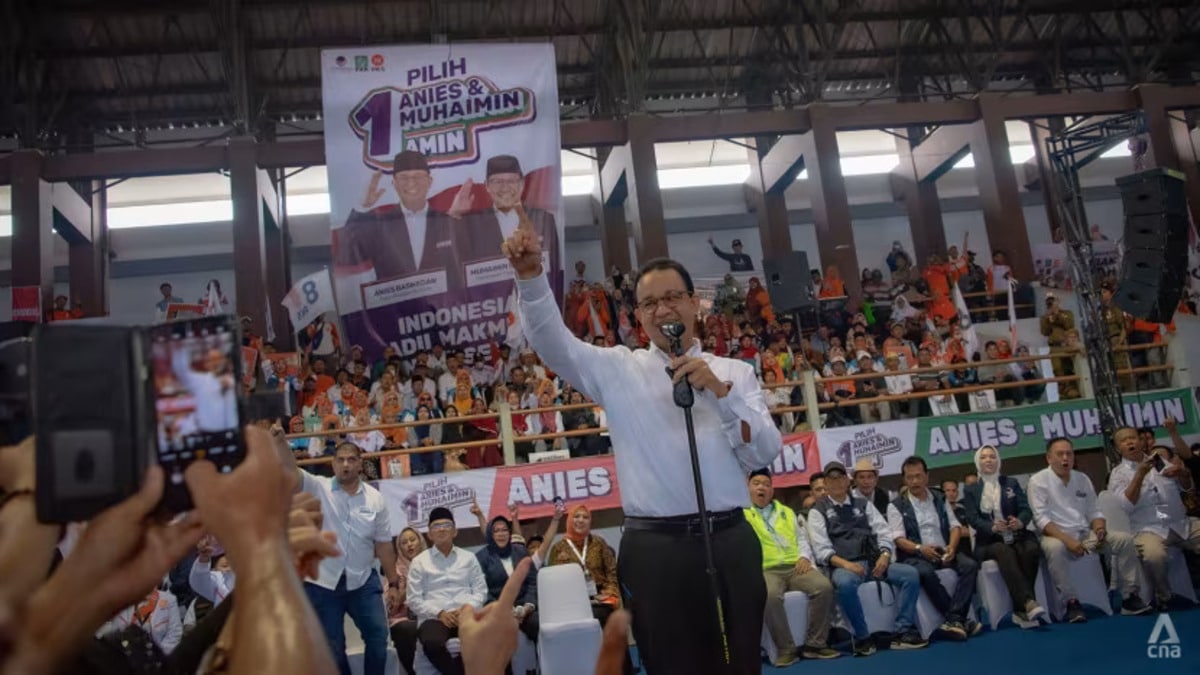In his quest for Indonesia’s presidency, former academic Anies Baswedan is strategically engaging with the youth, leveraging his academic background and challenging the status quo. At a recent dialogue session named ‘Desak Anies’ (Challenge Anies) held at Hazairin University in Sumatra, students posed hard-hitting questions, primarily focusing on his stance on Indonesia’s planned new capital, Nusantara.
Anies, who served as Jakarta’s governor, responded with detailed explanations, showcasing his adeptness in addressing youth concerns. Having spent years as a university chancellor and founding the educational movement ‘Indonesia Mengajar,’ which placed young professionals as teachers in rural areas, Anies emphasizes the importance of engaging with the youth in his campaign strategy.
Believing in the power of dialogue, Anies stated that he welcomes criticism and views those engaging in critical discussions as friends who care about Indonesia. With over 204 million people set to cast their votes on Valentine’s Day in 2024, Anies strategically targets the youth demographic, comprising more than half of the electorate.
Identifying youth as a focal point in his campaign, Anies, 54, draws on his experience as an academic, highlighting his tenure as the youngest chancellor in Indonesia’s history at the age of 38. His commitment to societal change is evident through initiatives like Indonesia Mengajar, reflecting a desire to instigate positive transformation in the country.
Anies’ campaign message revolves around justice and fighting for the interests of the masses. A key point of contention is his opposition to the planned new capital in Kalimantan, a policy championed by outgoing President Joko Widodo. Anies contends that the urgency for new capital is not as pressing as his rivals, Prabowo Subianto and Ganjar Pranowo, who support Widodo’s plans.
Eager to burnish his Islamic credentials, Anies emphasizes his connection to Bengkulu, the home of Indonesia’s first president, Sukarno. Standing on Sukarno’s housing complex, he pays tribute to the founding fathers, underlining the importance of intellectuals and scholars in shaping the nation.
During campaign stops, Anies rallies supporters by passionately advocating for change and justice. His formal and academic demeanour resonates with audiences, reinforcing his image as an intellectual and Islamic scholar. The campaigning duo, Anies and vice-presidential nominee Muhaimin Iskandar align with the Islamic-leaning National Awakening Party.
An intertwined history with current President Joko Widodo adds complexity to Anies’ campaign. A decade ago, Anies served as Widodo’s spokesman during the latter’s gubernatorial term in Jakarta. However, rumours of strained relations persist, fueling speculation that Anies’ bid for the presidency is an attempt to showcase an alternative vision for Indonesia.
In an exclusive interview, Anies dismisses claims that his campaign is an antithesis to Jokowi, emphasizing the four elements of change he aims to implement. He envisions a presidency prioritizing the country’s interests, justice, good governance, and democratic principles.
As the campaign unfolds, Anies faces challenges, including lower electability ratings compared to his rivals. However, he remains focused on carrying out the people’s mandate and navigating the electoral process.
Nevertheless, Anies Baswedan’s run for the presidency is marked by a deliberate emphasis on involving the youth, questioning existing policies, and positioning himself as an advocate for constructive transformation in Indonesia, anchored in principles of justice and good governance.

